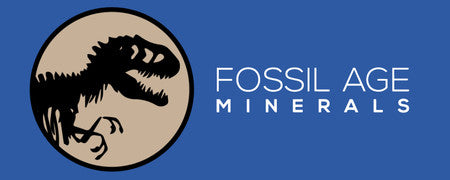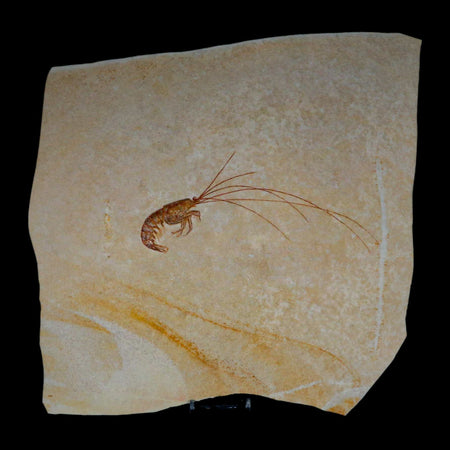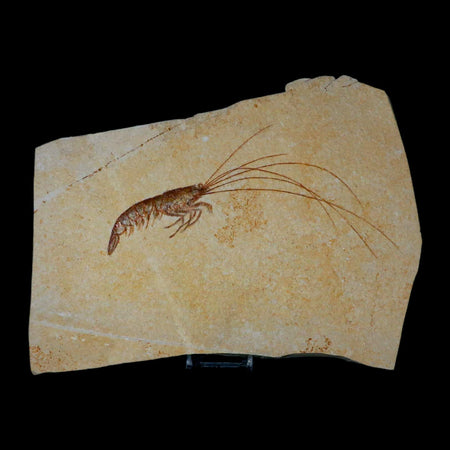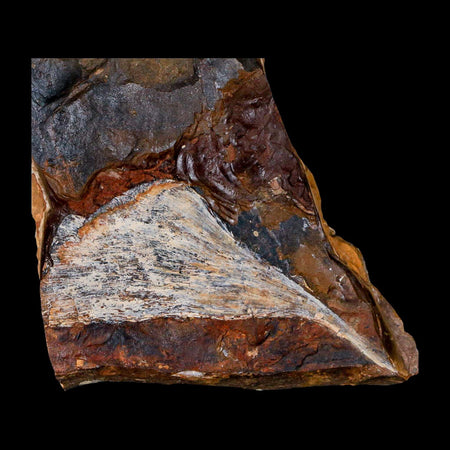XL 4" Spinosaurus Fossil Tooth 100 Million Years Old Cretaceous Dinosaur COA
Location: Oued Zem, Morocco
Weight: 1.3 Ounces
Dimensions: 4 Inches Long, 1.1 Inches Wide
Comes with a Certificate of Authenticity.
This is a real fossil.
The Item Pictured is the one you will receive.
Name: Spinosaurus (Spine lizard).
Named By: Ernst Stromer - 1915.
Diet: Piscivore/Carnivore.
Size: Estimated between 12.6 to 18 meters long.
Known locations: North Africa, particularly Egypt - Bahariya Formation, and Morocco - Kem Kem Beds.
Time period: Albian to Cenomanian of the Cretaceous.
Fossil representation: To date at least six partial specimens of the skull, mandible, neural spines, and other fragmentary postcranial remains. Teeth, however, are considerably more common.
The Spinosaurus was a dinosaur that lived during the Cretaceous period in North Africa, approximately 100 million years ago. The Spinosaurus is a theropod dinosaur and maybe the largest and longest of its kind, weighing as much as 6 tons and being 49 feet long. At present the Spinosaurus is believed to have been the world's largest carnivorous dinosaur, weighing more than the Tyrannosaurus Rex. The Spinosaurus had a long and narrow skull, making it look like a crocodile (only much larger), and had long spines extending upward from the vertebra which looked similar to a sail and was likely to have had skin connecting them. The name 'Spinosaurus' means 'spine lizard.'

Please be aware of the nature of fossils:
Being buried under the ground for millions of years under tons of pressure tends to be rough. No fossil comes out of the ground whole and perfect. Most fossils have undergone some restoration, while others are altered by man simply to enhance their presentation in different ways. The workers in Morocco do a very professional job, of unearthing and preserving these natural treasures, however, commonly natural cracks are visible on the surface. These are part of the natural beauty of the fossil and are not considered defects.




















